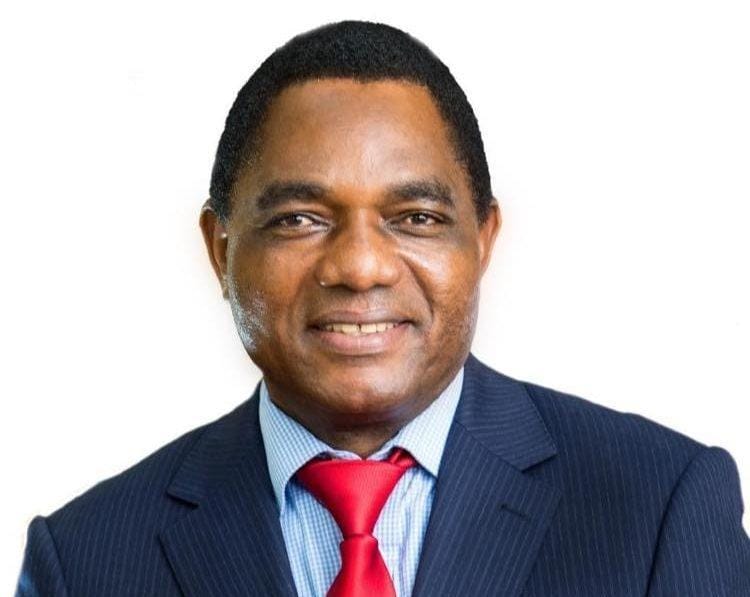In Summary
- The African Development Bank projects that Africa’s economic growth will accelerate to 4.3% in 2025, a notable increase from the 3.7% growth rate in 2024. This reflects the region’s resilience and recovery despite global challenges
- Four of these leaders are actively pushing green energy as a national growth strategy, not just a climate move.
- At least three countries on this list are now models for digital public infrastructure—exporting their systems across emerging markets.
Who really holds the power to shape Africa’s future in 2025? Not just politicians—but visionary African leaders whose decisions are rewriting economic rules, attracting global capital, and making sustainable growth a reality.
This ranking doesn’t focus on titles—it focuses on results. Each leader here is evaluated based on four key criteria: economic reforms, global influence, innovation and sustainability, and investment impact. Reshaping digital finance and negotiating green mega-projects, these leaders are driving real transformation.
If you want to understand who’s truly changing the economic landscape of Africa—this list breaks it down with facts, influence, and impact.
10. Kais Saied – Tunisia
President Kais Saied is leading Tunisia through crucial economic transitions after years of political and fiscal turbulence. His administration is pushing for public finance restructuring, while also courting international partnerships in green energy and education.
In 2025, Tunisia is prioritizing solar energy expansion and investment incentives that aim to boost job creation and tech innovation. With a key location in the Mediterranean, Tunisia continues to serve as a strategic trade and business gateway between Africa and Europe.
9. Hakainde Hichilema – Zambia
Since taking office, President Hakainde Hichilema has turned Zambia’s economic story around. His work on debt restructuring—especially with the IMF and China—has restored investor confidence and allowed the country to stabilize its currency and budget deficit.
Zambia’s mining sector is seeing renewed foreign interest, and Hichilema is leveraging this to invest in green minerals like lithium and cobalt. These steps are securing Zambia’s place in the global clean energy supply chain.
8. Abdel Fattah el‑Sisi – Egypt
President el‑Sisi has been overseeing one of the most ambitious infrastructure programs on the continent. The New Administrative Capital near Cairo, along with massive upgrades to highways, rail, and energy systems, are reshaping Egypt’s economic foundation.
Despite fiscal challenges, Egypt remains a key North African powerhouse. Its integration into regional and global finance systems, including the BRICS bloc, enhances its influence. In 2025, Egypt is pushing for more local manufacturing and public-private investment models.
7. Abiy Ahmed – Ethiopia
Prime Minister Abiy Ahmed is engineering Ethiopia’s economic recovery through bold market reforms and peace-building efforts. His administration is liberalizing key sectors like telecoms and banking, allowing foreign players to invest for the first time in decades.
Ethiopia’s focus on renewable energy—particularly hydropower—supports its goal of becoming a regional energy exporter. Coupled with efforts to privatize state-owned enterprises, Abiy is laying the groundwork for long-term private sector growth.
6. Makhtar Diop – Senegal/IFC
Makhtar Diop, Managing Director of the International Finance Corporation (IFC), is one of Africa’s most powerful economic enablers. Under his leadership, the IFC is unlocking billions in private capital for African infrastructure, fintech, agriculture, and green energy.
Diop’s role extends across borders. In 2024 alone, the IFC mobilized over $11 billion in Africa, helping close financing gaps in countries facing high debt burdens and climate risks. His commitment to sustainable finance, especially through public-private models, is vital for Africa’s development resilience.
5. John Mahama – Ghana
President John Mahama is championing a turnaround strategy for Ghana. His team is renegotiating Ghana’s IMF bailout terms, proposing reforms to increase domestic revenue and reduce overdependence on foreign loans.
He’s also pushing for large-scale infrastructure funding in energy and logistics, which are vital for Ghana’s regional leadership. Mahama’s return signals a new direction, rooted in sustainable growth, governance reforms, and improved public service delivery.
4. Félix Tshisekedi – Democratic Republic of the Congo
President Tshisekedi is making the DRC’s vast natural wealth work for its people. In early 2025, he launched the Kivu–Kinshasa Green Corridor, a landmark project supported by the World Economic Forum to conserve 100,000 square kilometers of rainforest, create over 500,000 jobs, and fight food insecurity.
He’s also boosting local processing of cobalt and copper, ensuring more of the value chain stays within the country. This shift away from raw exports toward industrialization is reshaping the DRC’s economy and asserting its influence in African trade.
3. Paul Kagame – Rwanda
President Paul Kagame continues to position Rwanda as one of Africa’s most tech-driven economies. His government’s “Smart Rwanda” vision is transforming public services through e-governance, big data, and automation.
Rwanda’s efficient bureaucracy and a zero-tolerance approach to corruption have made it a magnet for global investors. In 2025, Kagame is expanding digital literacy programs and AI-powered health systems—laying the foundation for Africa’s future knowledge economy.
2. William Ruto – Kenya
President Ruto is turning Kenya into a case study in digital-led development. His Digital Superhighway Project aims to connect over 100,000 public institutions and households to fast internet by 2026, fostering innovation, e-commerce, and education.
Ruto has also scaled Kenya’s renewable energy base—already at 90% clean sources—by investing in solar and wind. Through his leadership, Kenya remains one of Africa’s top startup hubs and is setting the pace for inclusive, sustainable development.
1. Cyril Ramaphosa – South Africa
As Chair of the G20 in 2025, President Ramaphosa is using his platform to spotlight African priorities in global development, energy transition, and investment.
At home, his administration is ramping up infrastructure programs with a renewed focus on logistics, green hydrogen, and fiscal reforms. With initiatives like the Just Energy Transition Partnership, which secures $8.5 billion in climate finance, Ramaphosa is steering South Africa—and the continent—toward a low-carbon, high-opportunity future.



